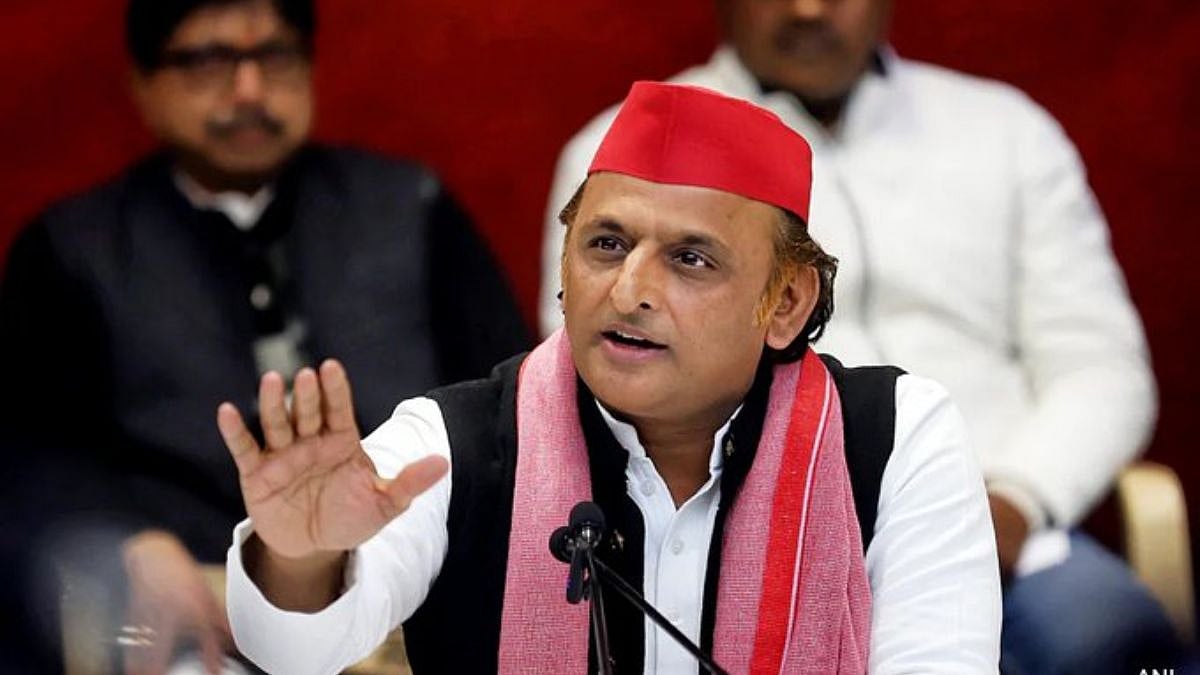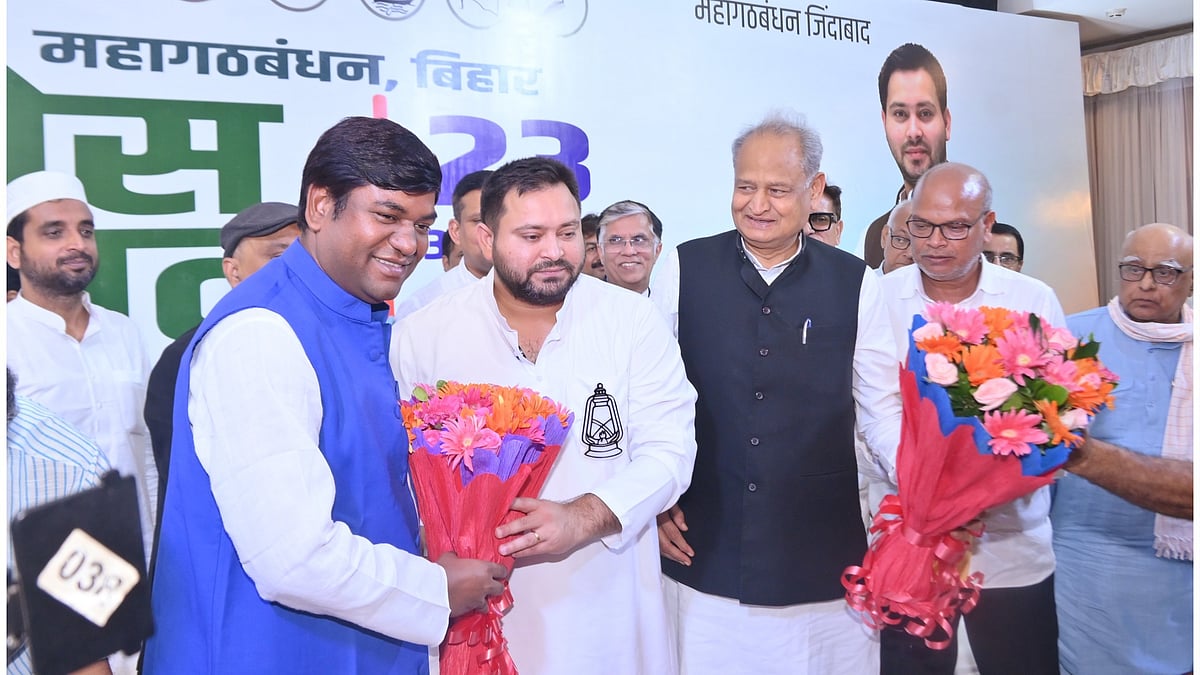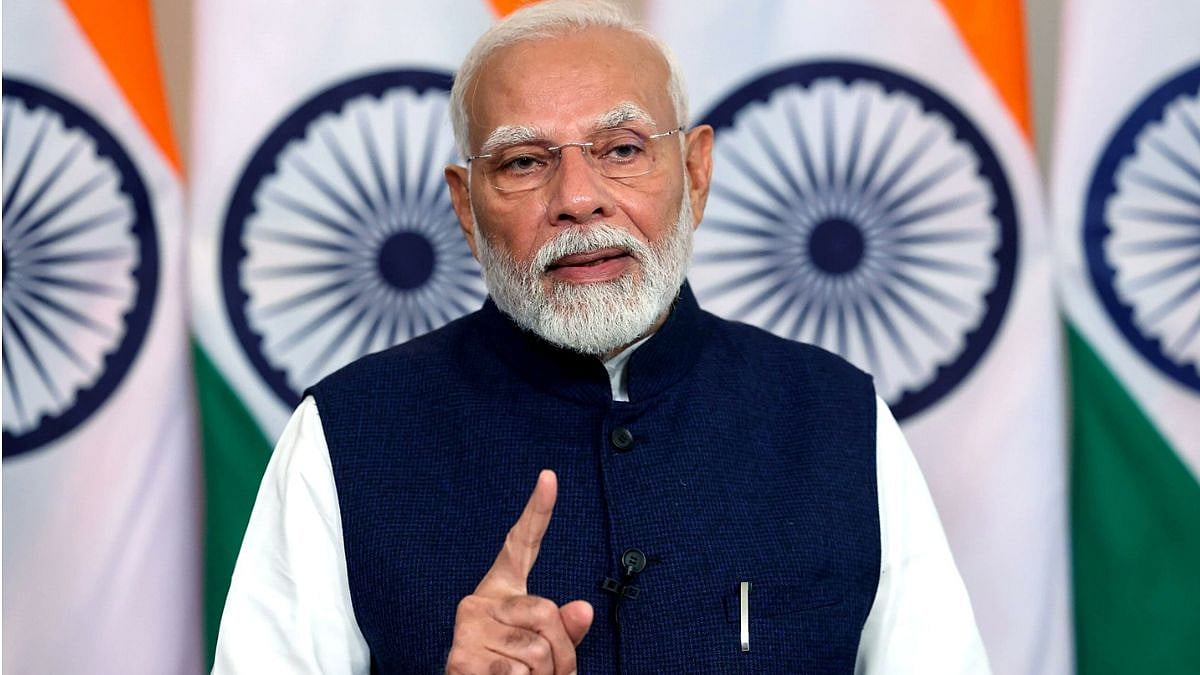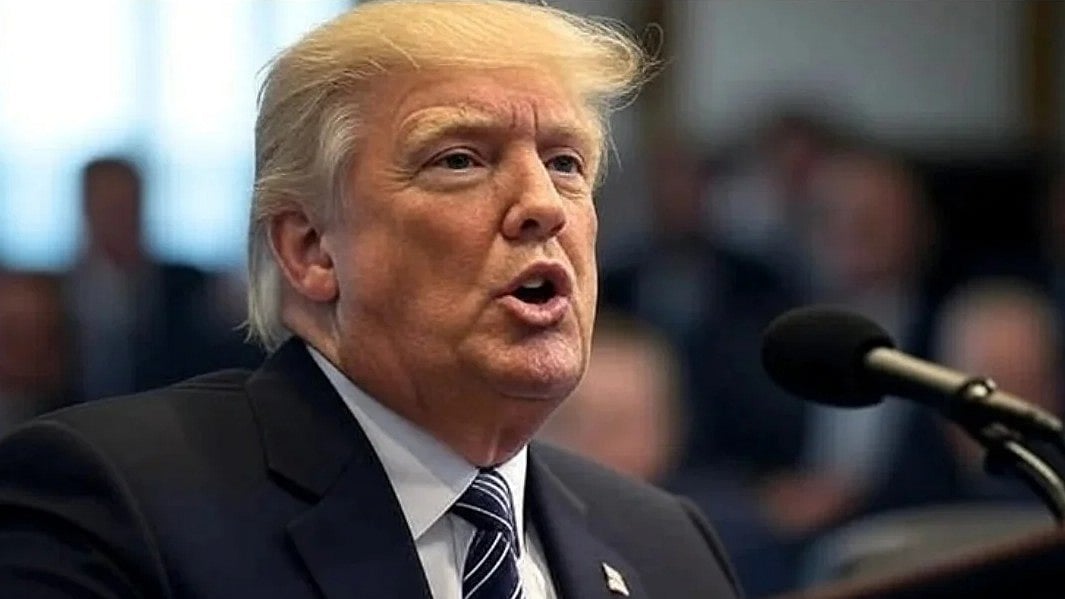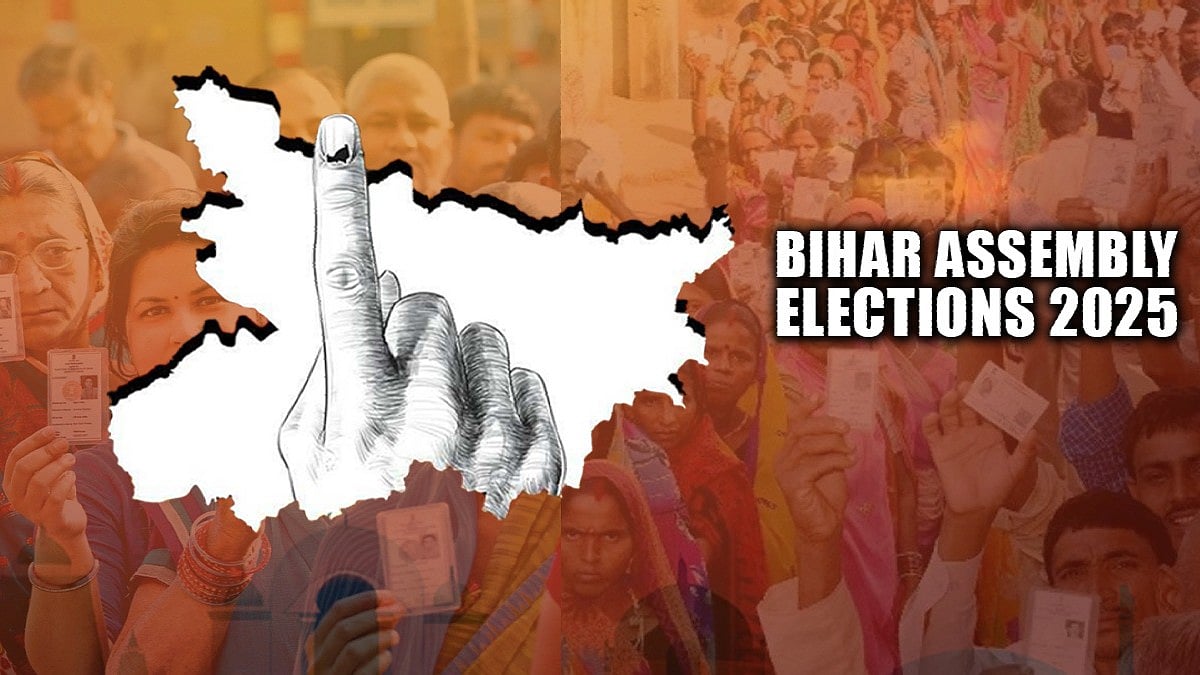A dispassionate look at the 75 years of Narendra Modi reveals how every major incident and event in his life was structured in a manner to ensure the ultimate result. Many of us are children of destiny but some like Modi and Gandhi are instruments of the forces which shape India’s emergence as a Nation.
Narendra Modi has unstinted admiration for the Mahatma’s ability to instantly raise the consciousness of the masses. Modi recalls how by-the simple act of picking up a pinch of salt, Gandhiji sparked a nationwide movement of civil disobedience and resistance. In a speech given at Nagpur University, Modi had called Gandhi a great Communicator, which surprised a section of the audience who thought that the Mahatma was not such a great speaker.
Modi went on to explain that Gandhi was not an orator, but he knew how to instantly connect with the consciousness of the masses, and that’s why he was a great communicator. Modi, of course, is both an orator and a great communicator.
The Childhood: Far away from the playing fields of Eton and Harrow and the hallowed portals of Oxbridge, primary school for Narendra was an eight-room structure with blackboards written upon with squeaking chalk. The high school, which followed, was hardly different.
Rewind to sixty years before Narendra was born, just before the beginning of the 20th century, in stark contrast to Modi’s childhood, Jawaharlal Nehru, India’s first prime minister, was attended to by English governesses and Irish tutors along with a retinue of liveried servants in a palatial 42-room home called Anand Bhawan of his barrister father, before studying at Harrow, where British aristocracy schooled their children, and Trinity College, Cambridge.
Nehru writes in his autobiography that he had a garden, a tennis court and a swimming pool and a pet pony to ride. His childhood, he wrote, was sheltered and uneventful. His daughter, Indira, studied in posh schools in India and Switzerland, was fluent in French, and did a stint at Oxford.
Jawaharlal, the child, was aghast to watch his father sip imported red claret, which he thought was blood, as he puts it in his autobiography. Narendra, the child, watched his mother cleaning utensils of others with glass-mixed ash which often made her fingers bleed.
This comparison is relevant only to understand Modi’s upbringing and early experiences which significantly impacted his mindset. His natural attunement with the poor and deeply ingrained grassroots socioeconomic philosophy, which is so different from his political opponents, is a result of this mindset.
2014: A section of the intellectual elite in India has just not been able to decode Narendra Modi. Even after he became Chief Minister of Gujarat for a fourth time, they believed that his political fortunes were limited to being a strong regional leader. In early 2013, despite the rapid emergence of Modi as a national leader, they were confident that he would not be named as the prime ministerial candidate of the BJP.
It was only when the momentum generated by him during the 2014 campaign looked unstoppable that the elite became distinctly nervous. Some declared that they would migrate if Narendra Modi became the prime minister. None did.
The 2014 victory of the NDA (BJP) was regarded by them as an aberration, a one-time mandate due to anger against the non-performance of the UPA during its second term. The elite were skeptical that the NDA was unlikely to win again. Hence, in 2019, they were rejuvenated by their belief that the BJP would lose. Instead, the BJP secured a record majority and required no coalition. In 2024, due to a setback to the BJP on the results day, their hopes were enlivened momentarily, only to subside.
What the elite fails to appreciate is that Modi has triggered a structural change in the dynamics of the political landscape of India, which ensures that, in the medium term, the probability of dislodging a highly disciplined party promoting a nationalist agenda, is minimal.
The Rise: For long in a state of denial, when Narendra Modi finally did become a fait accompli, the elite was confident that New Delhi was no Gandhinagar, and Modi, a first-time member of Parliament ever to straight-away become Prime Minister, may have lorded over his native Gujarat, but would soon discover that governing India was altogether a different cup of tea.
Finding his way through the maze of bureaucracy in North Block or dealing with other countries would prove to be beyond Modi’s competence. His administrative experience as the chief minister of Gujarat for thirteen years would prove inadequate for running the Central government.
Neither Western powers nor Islamic countries approved of him. He did not speak good English and was unsophisticated. His radicalism will terribly backfire on him. Narendra Modi’s prime ministership was a disaster in the making. The elite waited with bated breath for Modi to fail.
However, Bharat Bhagya Vidhata and Modi’s Jagat Janani apparently had other plans. Each apprehension proved incorrect. After the very first hundred days in office, the wind had gone out of the sails of the elite.
Bharat wants Modi: The elite simply cannot distinguish between Hindu cultural nationalism, on the one hand, and rabid communalism targeting a minority, on the other. The shadow of religion must fall nowhere near the State, believes the elite. Even if the 2002 riots had never happened, they would have still been antithetical to Narendra Modi. It is only now, after Modi’s third electoral success, that the elite has grudgingly realised that Bharat wants Modi.
The elite has still not realised that even beyond Modi, India wants its prime minister to be a nationalist and that the emergence of the Hindu nation as a civilisational and cultural way of life is inevitable.
An excerpt from the book Modi’s Mission, written by Berjis Desai and published by Rupa.

